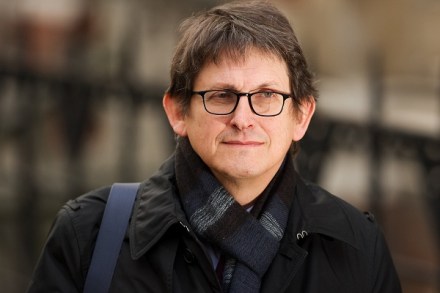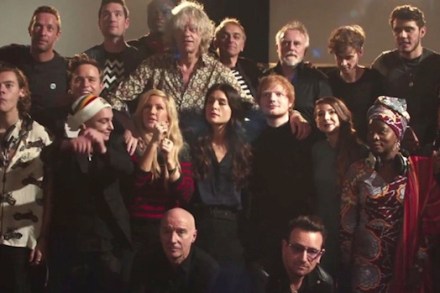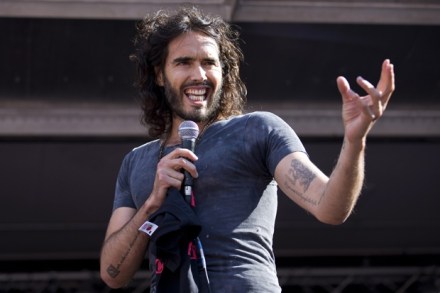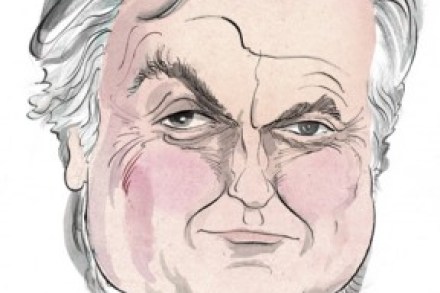The new CEO of the Arts Council has been announced – Guardianistas won’t be happy
It is difficult to describe with equanimity the culture shock that has been administered to Arts Council England, the 69 year-old benefits office for the creative industries. Invented by Maynard Keynes to nurture the grass shoots of an English renaissance with a few quid here and there – £25,000 for Covent Garden, £2,000 for the LSO – ACE has burgeoned into a mighty quango that distributes £1.9 billion of public cash and £1.1 billion of lottery money over three years. It feeds not only the performing arts but museums, galleries, monuments, public libraries, poetry and pottery. It is a nanny state in miniature which, over the past generation, has become




















